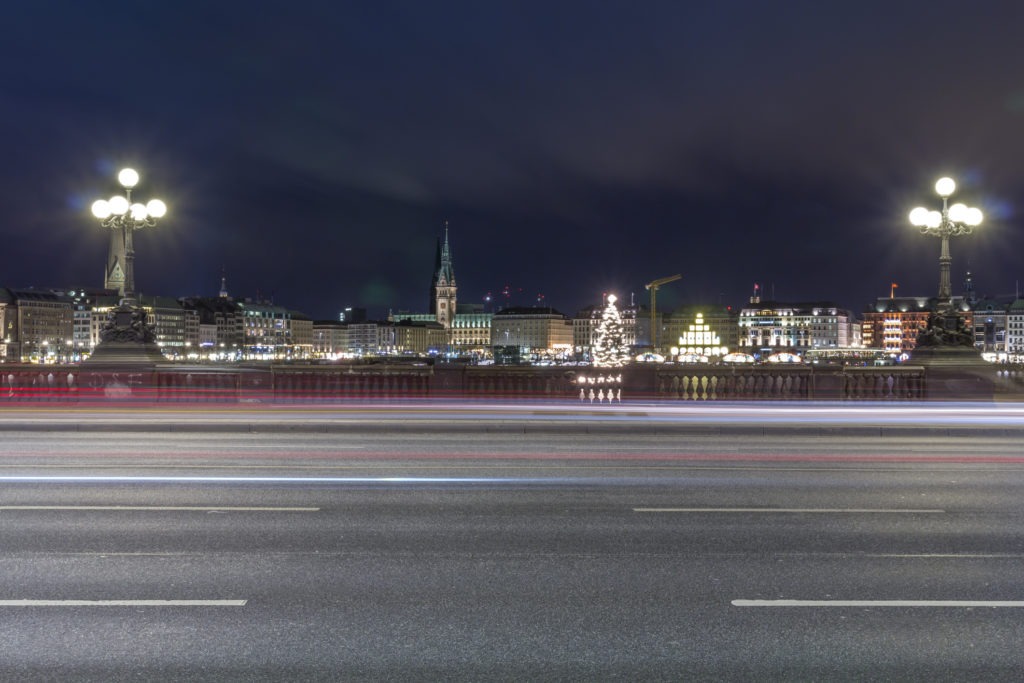German Government agrees trade-in and retrofit deal to avoid diesel bans
03 October 2018

3 October 2018
Germany’s Coalition government has announced details of a wide-ranging diesel deal, which it hopes will bring to an end the issue of city driving bans.
In a move, that it hopes will not upset both manufacturers and car owners, German minister for the environment, Svenja Schulze, said that a combination of trade-in incentive schemes and still unspecified retrofit options would be introduced for drivers of older diesels in and around the 14 German cities with the highest level of nitrogen dioxide (NO2) pollution.
Documents seen by some news agencies suggest that drivers in the affected areas will have the option of trading in their vehicle for a cleaner model, or having a hardware retrofit to bring emissions down.
However, in initial responses, manufacturers appear keen to encourage drivers to trade their vehicles in rather than opt for hardware retrofits, which would cost much more than the software program that has been in operation since August last year.
Volkswagen had agreed to help with hardware retrofitting following discussions with German ministers but said that some details still needed to be discussed. The company has said it will cover €2,400 of the estimated €3,000 cost of hardware retrofits on its diesel cars, transport minister Andreas Scheuer said on a live video chat on Instagram.
According to Scheuer, BMW has refused the idea, while Daimler has suggested it could consider the program but would concentrate on offering up to €5,000 trade-in incentives instead.
Scheuer said that the trade-in schemes, whereby drivers of older diesels could trade them in for new models at generous discounts, would be available to drivers immediately. While there are new spending commitments and rule changes in the package, there is no legal mandate on drivers or manufacturers to organise retrofits.
New diesels running Euro 6 engines, which came onto roads in September 2014, pump out much lower levels of nitrogen oxides (NOx) due to new technologies and filters in the exhaust system. Therefore, any retrofitting would apply to Euro 5 and below engines. In Germany, there are around 5.5 million Euro 5 vehicles on the roads, and 3.4 million Euro 4 models.
The cities where drivers will be offered the options are Munich, Stuttgart, Cologne, Reutlingen, DÜren, Hamburg, Limburg an der Lahn, Dusseldorf, Kiel, Heilbronn, Backnang, Darmstadt, Bochum and Ludwigsburg. Schulze said she hoped the deal would avoid diesel bans in various German cities.
Currently, Hamburg has a ban in place for Euro 4 vehicles on certain streets, while Stuttgart and Frankfurt will implement bans in 2019, initially on Euro 4 and below, before increasing this to Euro 5 models following a grace period.
Scheuer said the coalition’s compromise centred on four maxims: that driving bans would be avoided, that mobility would not be restricted, that diesel drivers should not incur extra costs and that the automotive industry should ultimately take responsibility for the crisis.
A sub-committee of experts formed as part of Germany’s National Diesel Forum last year backed calls for older vehicles to be fitted with selective catalytic reduction (SCR) units to cut nitrogen oxide (NOx) emissions in September.
However, the committee’s report said there was no consensus on who would foot the bill for the process, which could cost up to €3,000 per vehicle. For this reason, manufacturers have been opposed to the move.